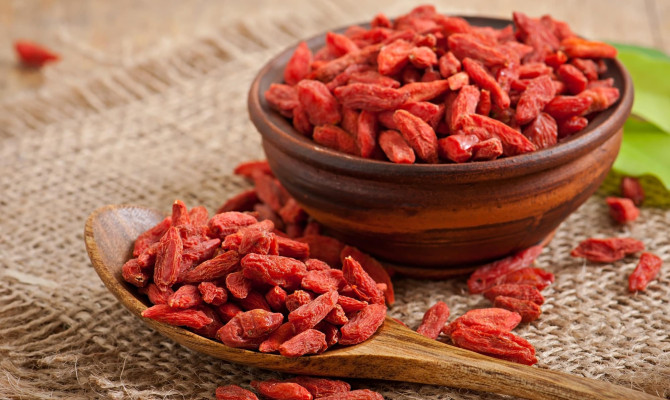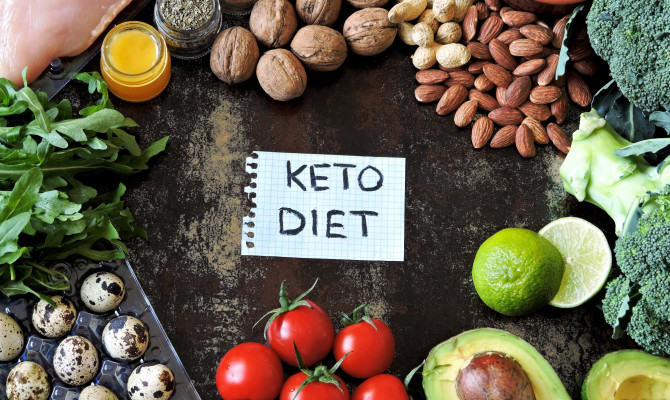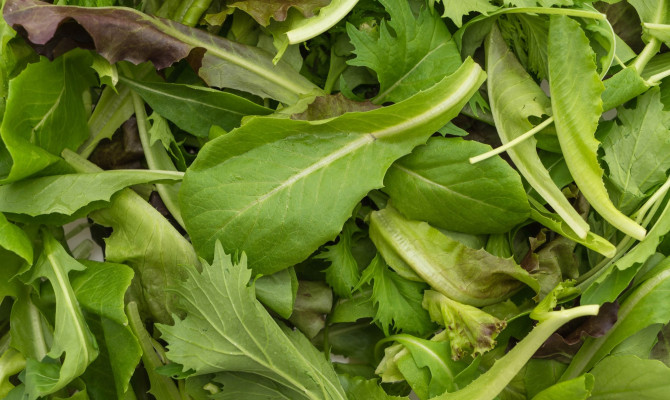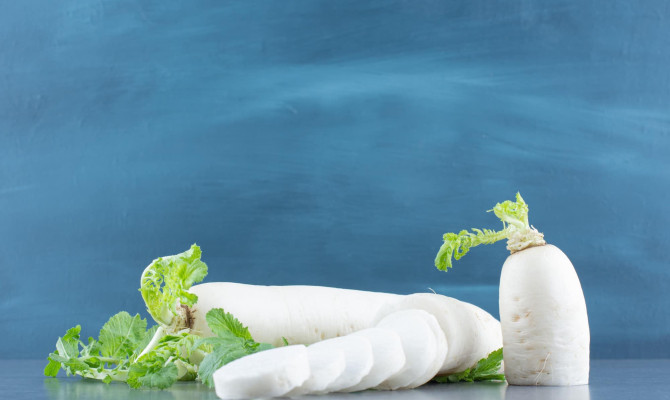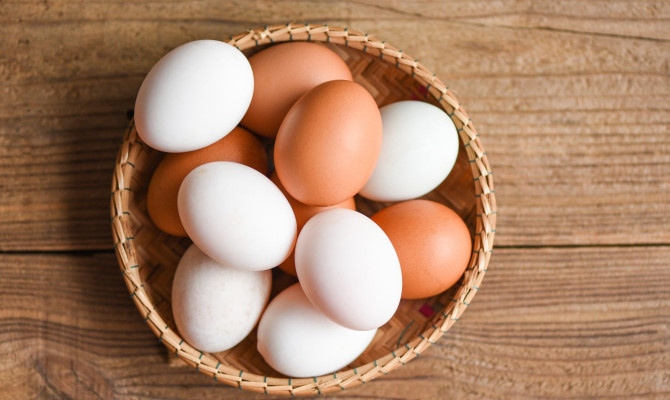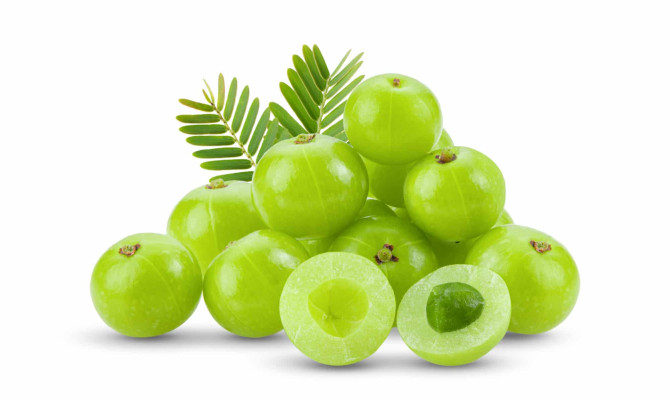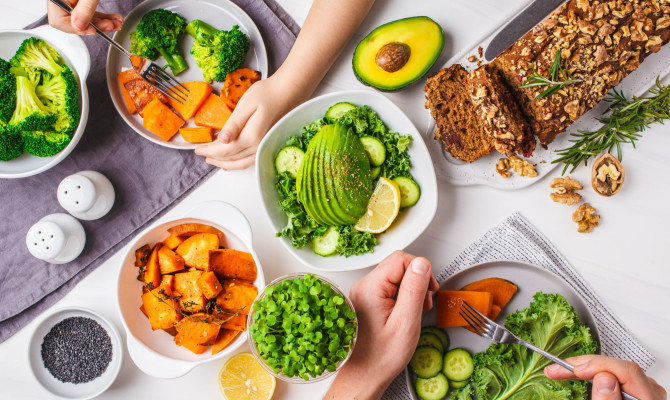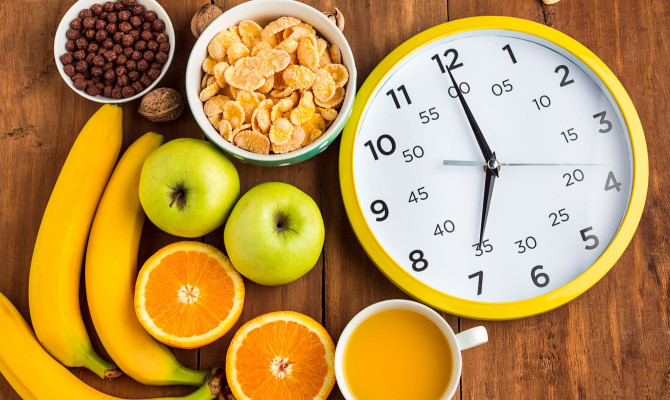Liquid Diet: What do I need to know?

- Liquid Diet
- 23 Aug 2023
Introduction
What is Liquid Diet?
We frequently encounter many diet trends that promise excellent outcomes in our search for ideal health and efficient weight management. One such strategy that has attracted much interest is the “liquid diet.” This unit eating regimen, which is well-liked for its simplicity and alleged advantages, focuses on using liquids as the primary source of nutrition.
This diet has caught the attention of many, including those interested in weight loss and those needing digestive help.
We examine the principles of the liquid diet in this article, including its significance, many forms, potential risks, and recommended practices.
How does liquid diet work?
It functions by substituting different forms of liquid-based nourishment for solid foods. In contrast to standard diets that contain solid meals, the liquid diet restricts the consumption of solid foods and instead emphasizes the consumption of liquids such as soups, juices, smoothies, shakes, and broths.

Benefits
Benefits of Liquid Diet
- Weight loss
- Digestive rest
- Healthy intake
- Hydration
- Effective nutrient absorption
- Short term use
Liquid diets provide several potential health advantages when used correctly and responsibly. It is crucial to remember that these may change based on the exact type of liquid diet and a person’s medical history. Some of them are listed below:
Weight loss
- It is frequently employed as a temporary weight loss method. These diets can result in quick and dramatic weight loss by lowering calorie intake. To effectively maintain weight loss, you must switch from a liquid diet to a healthy, sustainable eating regimen after it is over.3Liquid Diet | Benefits Researched based study from National Institutes of Health
Digestive rest
- A liquid diet can assist those with digestive problems or after specific medical operations by allowing the digestive system a break from processing solid foods. This may lessen discomfort and aid in the healing process.
Dietary intake
- A healthy and well-balanced diet like fruits, vegetables, lean proteins, and healthy fats will guarantee optimal nutritional intake and supply the body with vital vitamins and minerals.
Hydration
- It typically comprises water-based drinks, which can support the body’s ability to stay hydrated and promote overall health and well-being.
Easy absorption of nutrients
- Solid foods provide nutrients for immediate use and are more accessible for the body to notice.
Short term convenience
- Some people may find it simple and convenient because it takes less time to prepare and consume.2Liquid Diet | Benefits | Short Term Convenience| Researched based study from ScienceDirect 3Liquid Diet | Benefits| Researched based study from National Institutes of Health 4Liquid Diet | Benefits| Researched based study from National Institutes of Health
Diet plan
Five-day liquid-based diet plan
Please remember that it is essential to speak with a healthcare provider before beginning any new diet plan, especially a liquid diet, to be sure it is safe and suitable for your requirements and goals.
As a sample 5-day liquid diet plan, it should be noted that it should only be followed after first seeking appropriate medical counsel.
Day 1
- Breakfast: Green smoothie made with spinach, kale, banana, almond milk, and a scoop of plant-based protein powder.
- Snack: Freshly squeezed orange juice
- Lunch: Vegetable growth with pureed carrots, celery, and zucchini.
- Snack: Homemade fruit smoothie using berries, Greek yogurt, and a Splash of coconut water.
- Dinner: Creamy tomato soup made with tomatoes, onions, garlic, and coconut milk.
Day 2
- Breakfast: Banana in peanut butter smoothie with almond milk.
- Snack: Cucumber and mint-infused water
- Lunch: Blended avocado and cucumber gazpacho.
- Snack: Pineapple and Ginger juice.
- Dinner: Lentil soup pureed for a mother texture.
Day 3
- Breakfast: Strawberry and banana smoothie with a hint of honey.
- Snack: Watermelon and mint juice.
- Lunch: Green pea and mint soup.
- Snack: Homemade almond milk with a touch of vanilla extract.
- Dinner: Butternut squash soup with coconut milk.
Day 4
- Breakfast: Blueberry and Chia seeds smoothie with coconut water.
- Snack: Carrot and Ginger juice
- Lunch: Spinach and broccoli soup.
- Snack: aloe Vera and lemon-infused water
- Dinner: Creamy cauliflower soup with turmeric
Day 5
- Breakfast: Mixed berry and spinach smoothie with flaxseed
- Snack: Cantaloupe and lime juice
- Lunch: Silken Tofu and cucumber soup.
- Snack: Green tea with lemon and a touch of honey
- Dinner: Mushroom and leek soup with a dollop of Greek yogurt
Food guide
Foods to eat
- Chicken, beef, or vegetable broths without solid particles.
- Blended soups made from vegetables, legumes, or lean proteins.
- Nutrient-packed smoothies with fruits, vegetables, legumes, or lean proteins.
- Freshly squeezed or low sodium juices for vitamins and hydration.
- Whey, plant-based, or other protein powders mixed with liquids
- Skim milk, almond milk, soy milk, and fortified dairy-free alternatives.
- Plain, low-fat yogurt or Greek yogurt.
- Smooth, creamy options made from strained fruits or milk.
- Caffeine-free herbal teas.
Foods to avoid
- Solid foods
- High-sugar drinks like soda and fruit juices.
- Whole milk, high-fat yogurt, and cream-based liquid.
- Alcoholic drinks are not suitable.
- Avoid high-fat sauces, gravies, and creamy dressings.
- Ketchup, mustard, and other Chunky condiments
- Caffeine or regular tea.
- Sugary pudding, custards, and ice-creams.5Liquid Diet | Foods to Avoid| Researched based study from National Health Service
Side effects
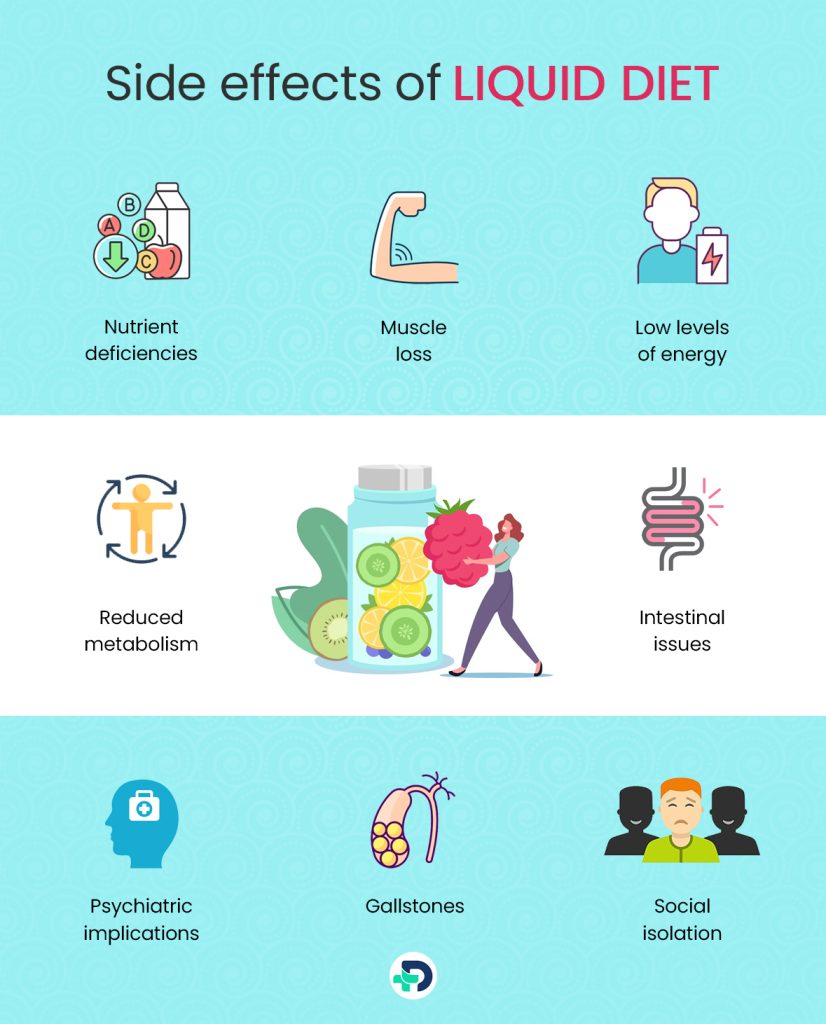
Side effects of Liquid Diet
Nutrient deficiencies
- It frequently lacks vital nutrients such as vitamins, minerals, fiber, healthy fats, and proteins. Relying on liquids results in deficiencies and imbalances in the body, which could hurt one’s health.
Muscle loss
- A liquid diet may not have enough protein to keep muscular mass. Without enough protein, the body might use muscle tissue as fuel, which results in weakness and muscle loss.
Low levels of energy
- They often contain few calories, leading to weariness and poor energy. Your body needs enough calories to execute daily tasks and function at best.
Reduced metabolism
- Your metabolism may slow down if you follow this diet for an extended period since your body will try to conserve energy. Resuming a regular diet makes it simpler to put on weight.
Gallstones
- Gallstones can be more likely to form if you lose weight quickly, which can happen when you follow a liquid diet. They are solid particles that develop in the gallbladder and can lead to excruciating discomfort and other issues.
Intestinal issues
- A rapid switch to a liquid-only diet can mess with your digestive system’s usual operation, causing constipation, diarrhea, or other gastrointestinal issues.
Psychiatric implications
- It can be challenging to maintain and cause bad eating relationships, feelings of deprivation, and frustration. This may bring on eating disorders or abnormal eating patterns.
Social isolation
- Attending social events and sharing meals with friends and family may be challenging, which may cause feelings of exclusion and loneliness.
Prolonged efficacy
- They frequently don’t work over the long haul and can lead to weight gain once regular eating begins. 5Liquid Diet | Foods to Avoid| Researched based study from National Health Service 6Liquid Diet | Considerations | Side Effects| Researched based study from National Institutes of Health
Considerations
Things to consider before starting a liquid diet
Consult a Health Care Professional
- Before beginning this diet, see a physician or a licensed dietician. They can evaluate your current health, medical history, and unique needs to determine whether this diet suits you.
Determine the goal.
- Recognize your motivations for pursuing this diet. Ensure your objectives align with what this diet can accomplish, whether for weight loss or another reason.
Short term use
- Typically, they are made for short-term use. Medical supervision is essential if you intend to use it for longer than a few days.
Nutritional adequacy
- And ensures you receive enough calories and other vital elements like proteins, vitamins, and minerals.
Hydration
- Keep yourself adequately hydrated all day long. Drinks with a lot of sugar and caffeinated beverages should be avoided.
Plan for the transition.
- Plan to reintroduce solid foods gradually when the liquid diet is finished. Your digestive system can get disturbed by abrupt changes.
Monitor your health
- Pay close attention to how your body reacts to this diet. Consult your doctor if you feel weakness, exhaustion, or other unfavorable symptoms. 5Liquid Diet | Foods to Avoid| Researched based study from National Health Service 6Liquid Diet | Considerations | Side Effects| Researched based study from National Institutes of Health 7Liquid Diet | Considerations | Side Effects| Researched based study from National Institutes of Health
Any feedback on this article?
 This Articles content was accurate
This Articles content was accurate Very Informative Article
Very Informative Article I have a question or a comment
I have a question or a comment
 This article contains inaccurate content
This article contains inaccurate content This article was not helpful
This article was not helpful I have a question or a comment
I have a question or a comment
We appreciate your helpful feedback!
Checkout our social pages
References
- National Institutes of Health
-
Science Direct
Liquid Diet | Benefits | Short Term Convenience
-
National Institutes of Health
Liquid Diet | Benefits
-
National Institutes of Health
Liquid Diet | Benefits
-
National Health Service
Liquid Diet | Foods to Avoid
-
National Institutes of Health
Liquid Diet | Considerations | Side Effects
-
National Institutes of Health
Liquid Diet | Considerations | Side Effects












